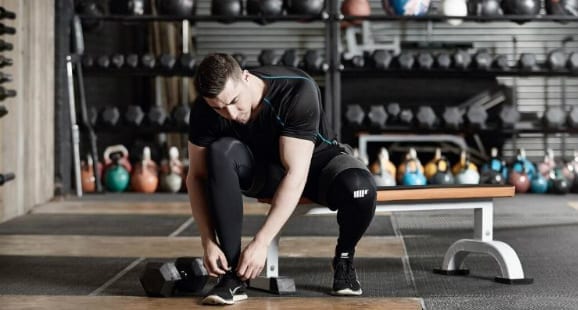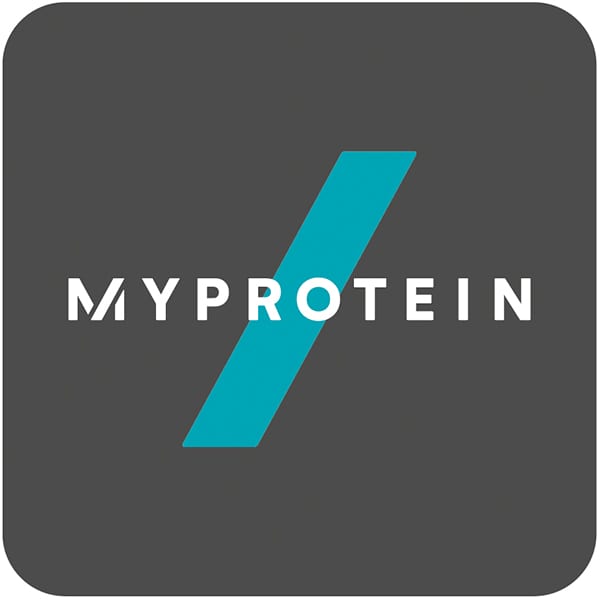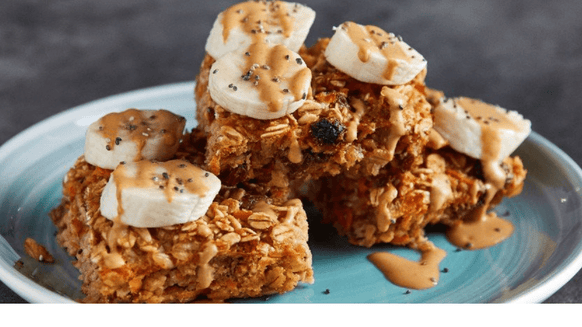
Football is an intermittent sport, with elite players performing lower-intensity movements for over 70% of a match, interspersed with periods of explosive, higher-intensity movements such as maximal sprints (Rampinini et al., 2012).
During a competitive match, elite footballers usually reach up to distances of 13km which incorporates of both aerobic and anaerobic energy systems being used to their maximal and with an overall energy expenditure of approximately 2,000 kcal (Mohr et al., 2003).
Most professional footballers in the English League's will play up to fifty games in a season with some also having substantial travel worldwide due to International and European matches. With this being said, there’s no doubt that nutrition plays a huge role in the recovery, training adaptation and performance.

A footballer’s diet must firstly meet the energy demands of their day-to-day training and performance. For this (due to the nature of the sport) carbohydrate intake should be prioritised to ensure players have energy for their training. Protein-based recovery strategies will also help recover and adapt the muscles to the training stimulus. Fat intake should be maintained with the correct types of fats being consumed in order to support the immune system and overall health and well-being. Oily fish, nuts, seeds and a small amount of animal and dairy fats should make this up.
One common misconception is that during training the use of isotonic sports drinks are used to ‘fuel’ training. Despite this method helping the individual to reach maximal training intensities it could in fact have a ‘blunting’ response on training adaptation, as well as preventing the oxidation of fatty acids. Instead, it should be advised that a train low, compete high approach is carried out around training and match-days, respectively (Morton, 2009). A variety in the type of nutritional strategy is also important and periodization of sessions will also play a key role in what approach is made e.g. off-season the ‘train-low’ strategy may be more appropriate.

Match days are by far provide the greatest challenge for coaches and players - more so in recent years where the timing of games are varied and fixtures are heavily scheduled back-to-back. Careful consideration should be on the amount, type, and timing of nutrients that are being consumed.
Pre match nutrition will usually begin 24-48 hours prior to a game with general recommendations being to consume 1-4g carbohydrate per kg body weight in the 6 hour window before kick-off. Like many other sports, it is important that players practice their nutritional strategies in training before adopting it in a game.
Probably one of the most important things to consider for match-day nutrition is the type of food that is consumed. Players should choose foods that they are used to eating and that don’t cause gastrointestinal (GI) distress or sit too ‘heavy’ on the stomach.
To form a match day strategy players should work back from kick-off to plan their meal times. For example, a traditional 3:00 pm kick-off will include a breakfast (08:00 am), a pre-match lunch (11:30 am-12:00 pm), and a high carbohydrate food/drink the hour prior to kick-off (e.g. an isotonic sports drink / Jelly Babies / Sports Gels).
Hydration also begins in the day prior to a match, as this will ensure the player commences the game in a hydrated state. This is where monitoring players hydration status using urine osmolality and body mass can help to give a guideline on hydration strategies. The current recommendation is to consume 400-500ml of fluid in the hour before kick-off.
This can be in the form of water or an isotonic sports drink which will also provide the addition of carbohydrates (this is particularly important at half time, when muscle glycogen stores need ‘topping up’). Another small bolus at the end of the warm-up (15 min before kick-off) is also recommended to replace acute sweat losses.
With congested fixture, the focus on post-match recovery is even more important. This means immediate recovery after both home and away fixtures is paid some careful attention to. Recovery stations are a good option for providing food and drink. A buffet providing players with carbohydrates and protein is also a common strategy - this occasion also offers a time for food innovation, for example, allowing less ‘healthier’ foods such as chicken pizza and high protein/sugar milk shakes.
Whey protein supplements with the addition of high glycaemic (High GI) carbohydrates are also good choices for a quick, convenient source of protein and carbohydrates. Players should also aim to take on board around 1.5 L of fluid for every kg of weight lost during the match (Shirreffs et al., 1996). It is often a good strategy, if possible, to weigh players before and after a match to ensure adequate hydration.

Supplements for Football
Many elite footballers will be presented with a host of different supplements they could potentially consume. However, it is up to the sports nutritionist to carefully select the ones that could help improve performance. The supplements they choose should be safe and legal, and have a well-grounded scientific rationale and fall in line with a balanced diet. These should be used in order to improve performance, promote training adaptations and support recovery. Some of the key products that are used by many elite football clubs include the following:
Practical Considerations
There is no doubt that nutrition plays an important role in providing the player with adequate energy for training and matches. Consuming the correct type, amount and timing of certain macro-nutrients will play a huge role in training adaptation, recovery and ultimately performance.
Carbohydrates should be the main focus leading up to matches, but protein should by no means be ignored around training and for post-match recovery. Hydration is often ignored by elite athletes, but particular attention and care should be considered on hydration status in order to maintain performance.
In addition to this, supplements can also be used to aid performance and recovery, although these should not be used as a substitute to a well-balanced diet. All of these strategies are now becoming increasingly important due to the busy schedule of fixtures and physical demands that elite footballers are now faced with.
Morton J.P., L. Croft, J.D. Bartlett, D.P. MacLaren, T. Reilly, L. Evans, A. McArdle, and B. Drust (2009). Reduced carbohydrate availability does not modulate training-induced heat shock protein adaptations but does upregulate oxidative enzyme activity in human skeletal muscle. Journal of Applied Physiology. 106:1513-1521.
Mohr, M., P. Krustrup and J. Bangsbo (2003). Match performance of high-standard soccer players with special reference to development of fatigue. J Sports Science. 21(7): 519-528.
Shirreffs, S. M., A. J. Taylor, J. B. Leiper and R. J. Maughan (1996). Post-exercise rehydration in man: effects of volume consumed and drink sodium content. Med Science Sports Exercise. 28(10): 1260-1271.
Rampinini, E., A. J. Coutts, C. Castagna, R. Sassi and F. M. Impellizzeri (2007). Variation in top level soccer match performance. International Journal of Sports Medicine. 28(12): 1018-1024.







